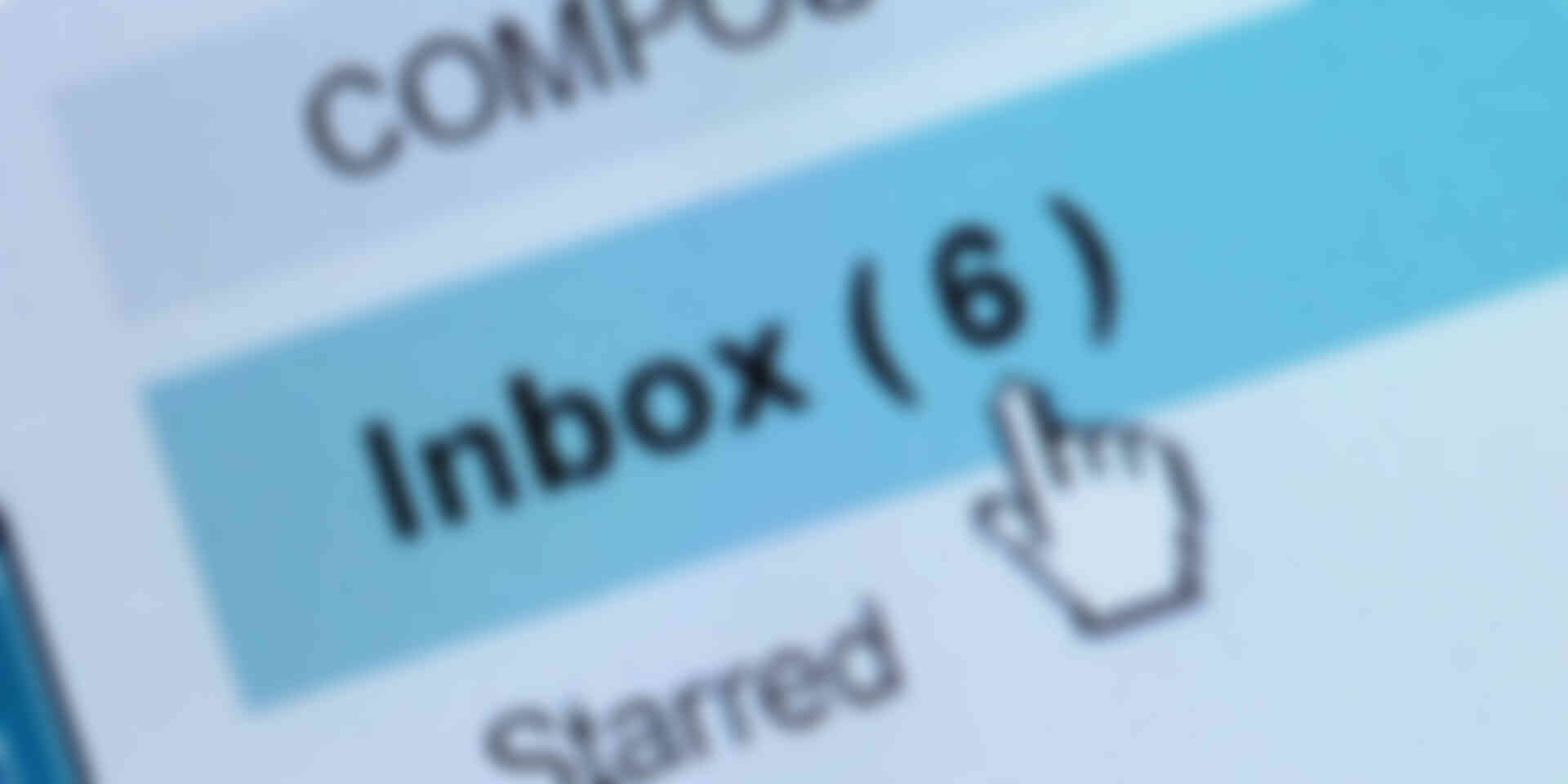Back in the day of the letter, we were much more formal in our closings. Typically we signed off with Yours truly in formal situations, and Sincerely yours or even Cordially in less formal situations. In business today, while emails sometimes serve the same purpose as a letter, they are less formal and the traditional closes feel too dated and formal.
The close does more than mark the end of your message. It also helps reinforce your purpose in writing and defines the personality of your message—is it a thank you or an apology? Is it casual or formal? Is it personal or business?
You may be tempted to save time by making your complimentary close part of your signature block, but it won’t always match your message and can make you sound insincere. Present a more professional image by thoughtfully matching your close to the message you are writing.
Here are some popular options—the good, the bad and the ugly. Choose the close that suits your situation and your personal style:
Best: Totally safe to use.
Best wishes, Best regards: More formal, but still acceptable.
Regards: A bit bland, but totally acceptable.
Sincerely: Way too formal for an email. Maybe it would work for a cover email for a job application.
Take care: A bit bland but acceptable.
Thanks (or Many thanks): This is also common, and acceptable. Make sure you are actually thanking your reader for something specific.
Thanks in advance: Presumptuous. Avoid this if it is a command masquerading as premature gratitude.
Talk soon: Again, use it if you are going to be talking soon.
Warm regards: Formal and friendly at the same time.
Warmly: Nice. It’s great for emails to someone you’re close to but aren’t in regular touch with.
Your initial: This is very informal. Only use it with people who know you very well.
Your name: This feels cold and abrupt. The initial is warmer, even without the complimentary close.
Do you have a favourite complimentary close that’s not on this list? Please share!




